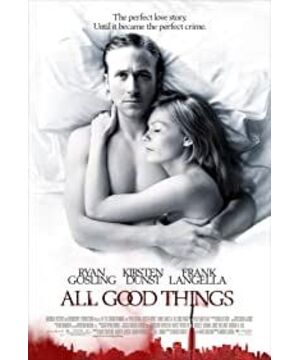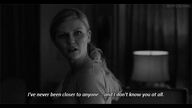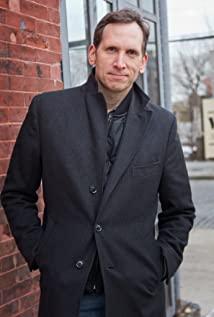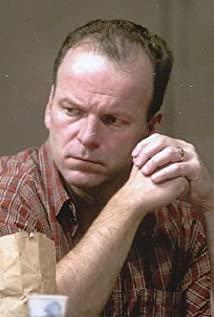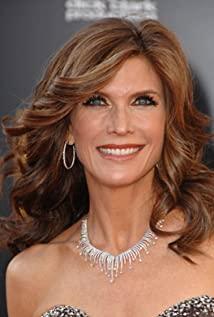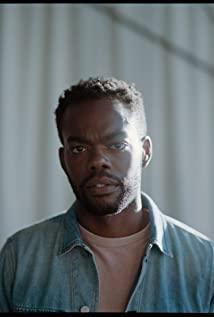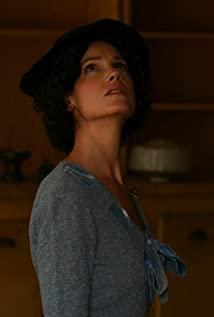I admit that, before watching this film, I had no idea about the real case, which was once a sensation, only that the film was based on real events. I think most of the audience is like me, stumbled into the situation carefully set by the director. Because the facts we know are only fragments, and the logical connections between them are established by the director. Although he has referenced a lot of arguments, he also has his own reasonable judgment. After all, it is only his own judgment, not a fact. The truth may be lost forever in the life that has passed away, and we have nowhere to look for traces.
After watching the movie, I found out what happened to the real event, but the so-called knowing is actually just knowing a fact: one missing person and two corpses are related to Robert Durst, one is his wife and the other is his Friends, one is his neighbor, what about the other? there is none left. In fact, the facts only give these few bones, and the director used flesh and blood to build these bones into a person. Those flesh and blood are the director's reasonable imagination, plus logical inferences. That is to say, the logical connection of all these three events is established by the director, but because of the truth of the details and the reasonableness of the logic, you will believe it. After watching this film, we can make the following judgment: Robert Durst killed his wife. In order to cover up the truth, he instructed his neighbors to kill friends who knew the inside story, and at the same time silenced the neighbors. How are the facts? The U.S. court determined that it was only the last murder. He killed his neighbor, but it was only a manslaughter. Therefore, he was only sentenced to four years in prison for being too defensive. The rest is a mystery.
Nonetheless, I still believe that Robert Durst was a wife murderer, as evidence that the police did not catch him. Why do I have such a firm view on a case that I had absolutely no idea about? To put it simply: first. I have fundamentally believed the set of rhetoric the director gave me. I don't know much about other evidence to the contrary, and even if I did, I would be suspicious. Because of the director's presentation, many details have actually happened, and the director's deduction is very reasonable, which easily convinces the audience that his judgment is correct. In fact, the director only selects the details that conform to his judgment here, and ignores the details that can challenge his judgment. Among several possibilities, the director only chose the one closest to his judgment. The director did not fabricate the facts, the director just chose the facts, and this choice has actually quietly imposed his point of view on the audience, and the audience also unknowingly accepted the director's point of view.
From this, we can also understand that the so-called truth is actually very fragile. The truth we see is only a partial truth, and this truth has been mixed with the judgment of others. Thinking of the memoirs we read and the like, it looks like the events experienced by the biography master. In fact, these events have been tampered with history, and have been unconsciously or consciously added by the biography master to a lot of private goods. However, because the details of most historical facts are true and credible, and there are no problems in the logical chain, this kind of problematic history has become the mainstream discourse, and history has unknowingly moved in another direction. In particular, some groups have adopted this method in order to re-make up history, allowing the public to subtly accept a set of false histories. This is the case with many of the so-called spy war films that are currently popular. In the shadow of the sword, the use of some so-called real details or historical figures that are either false or real, and then use reasonable imagination, only need such as "All the Beautiful Things" Like the director of the film, he carefully added some logic he set up, and the facts collapsed in an instant. When hundreds of millions of TV viewers were happily watching the TV series, they were forced to accept another set of carefully constructed history. The Qing palace dramas in the past few years became popular, aren't we forced to accept a set of pseudo-Qing Dynasty history? In those TV dramas, how great the Qing Dynasty was, how hard the Qing emperor was to govern the people and love the people like children, in the end, the audience could only come to the conclusion that the Revolution of 1911 was destroying a great system.
Words are a bit far-fetched. Going back to the movie, it is actually a very attractive movie. The suspense and tension can still be maintained to the end. Although it is a bit misleading, it is still a view after all. Of course, there is some injustice to Robert Durst, but it is not a big problem for the audience. As long as the audience is more sober, if they are interested in this case, they may wish to look at other accounts. Naturally, their views will be much more objective. What makes people worry is that the meticulous misleading of history is not as simple as this case, especially if it is fabricated in the name of the country, the historical truth in the public's mind will be completely concealed, and there is no way to restore the historical truth. So easy. Before Huguang filled Sichuan, the tragic scene of a thousand miles of bones, didn't people still believe that what the Qing government said was the result of Zhang Xianzhong's massacre of Sichuan?
View more about All Good Things reviews


